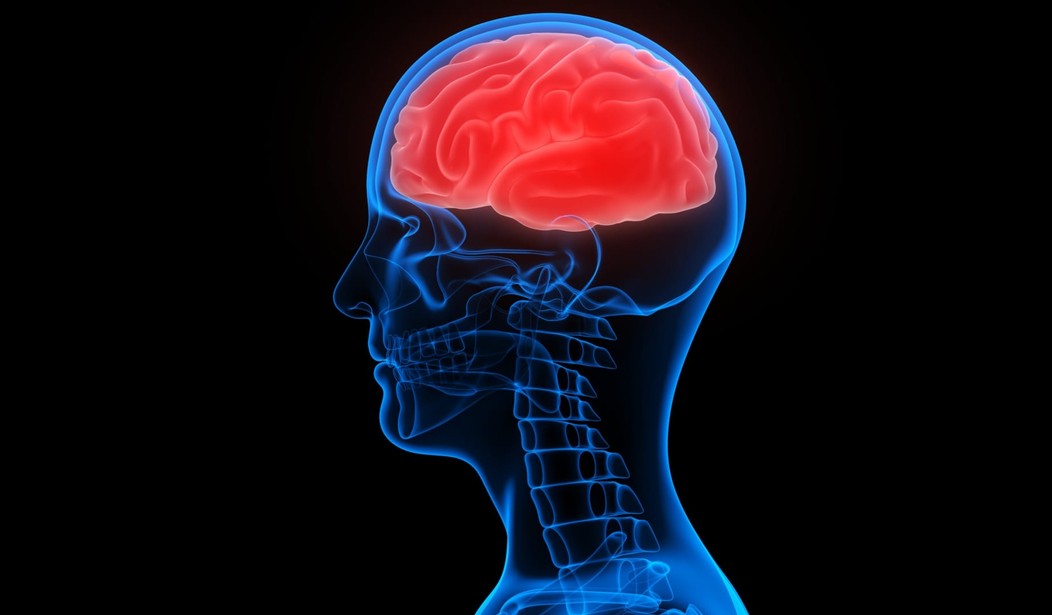It’s precious when scientists try to explain away faith. Because many scientists at the university level today come from a background where faith is an alien concept, we often come across studies that try to attribute belief in the supernatural to evolution or to a trick of the brain.
One new study attempts to link what researchers call “religious fundamentalism” to brain injuries. Scientists at Northwestern University studied nearly 150 Vietnam veterans to determine a link between the two conditions. Their sample consisted of 119 vets with lesions in the ventromedial prefrontal cortex, the part of the brain scientists believe handles religious belief, and 30 vets without the lesions. The conclusion was that “religious fundamentalism” occurred at a higher rate among those with the injuries to the brain than in those with no injury.
An article at PsyPost attempts to shed light on the findings:
“Human beliefs, and in this case religious beliefs, are one of the cognitive and social knowledge stores that distinguish us from other species and are an indication of how evolution and cognitive/social processes influenced the development of the human brain,” Jordan Grafman of Northwestern University, the study’s corresponding author, told PsyPost.
[…]
The finding indicates that “the variation in the nature of religious beliefs are governed by specific brain areas in the anterior parts of the human brain and those brain areas are among the most recently evolved areas of the human brain,” Grafman explained.
Limiting the study to male combat veterans of a similar age allowed Grafman and his colleagues to control the variables. The researchers concluded that damage to the ventromedial prefrontal cortex decreased cognitive flexibility, which the scientists define as “the ability to update our beliefs in light of new evidence.” a.
This new research claims to shed light on the relationship between brain function and belief.
“We need to understand how distinct religious beliefs are from moral, legal, political, and economic beliefs in their representations in the brain, the nature of conversion from one belief system to another, the difference between belief and agency, and the nature of the depth of knowledge that individuals use to access and report their beliefs.”
The biggest problem with this study—or at least the reporting on it—is that neither Grafman and his fellow scientists nor the reporters ever attempt to clarify what they mean by “religious fundamentalism.” The study itself isn’t available to the general public (unless one wants to pay a pretty penny for it) and neither of the articles I’ve read on this study makes much of a thorough attempt to define the phrase.
The New York Post article does state that the vets with the brain lesions were “less willing to accept new ideas and became more extreme in their religious beliefs” and even uses the phrase “religious extremism” in its headline, but PsyPost doesn’t quite go that far.
The thing is that mainstream Christians who take Jesus at His word when He said, “I am the way, and the truth, and the life. No one comes to the Father except through me” (John 14:6, ESV) usually aren’t “willing to accept new ideas” beyond God’s truth. Does that make Christians extremists?
Taking God’s Word as unchanging, steadfast truth may well be extreme to people like these researchers. Does that mean we all got bumped in the head at some point? Is something wrong with our brains? I beg to differ: just because these researchers don’t seem to understand deeply held beliefs doesn’t render their findings valid or sensible.
God bless these vets—they went through Hell in Vietnam and were often treated terribly when they came home, so for a group of scientists from Northwestern University to treat their unyielding convictions as an anomaly in the brain doesn’t do them justice. And it doesn’t do good by other faithful believers, either.









Join the conversation as a VIP Member